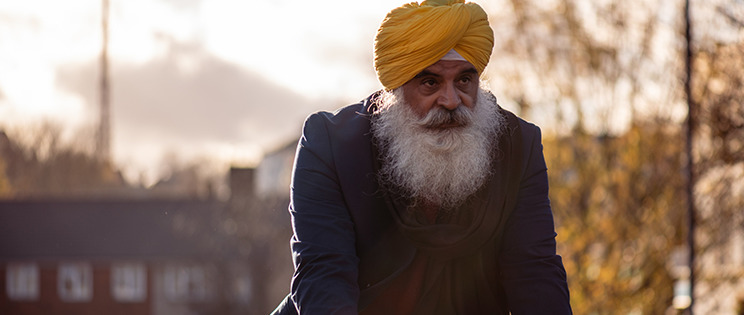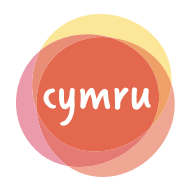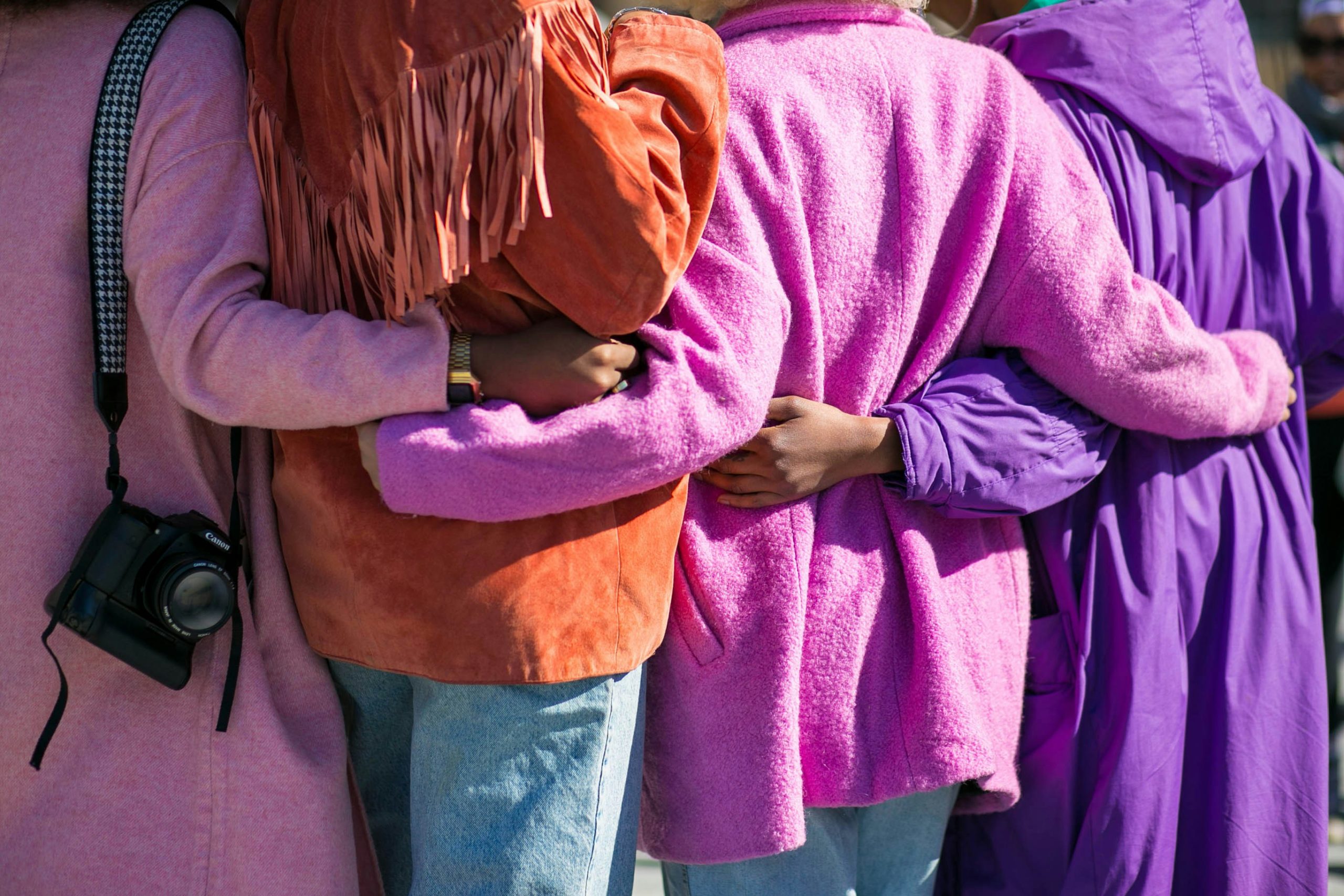Compassionate Cymru’s Journey

First and foremost we are people like you.
We are a collaboration of individuals and organisations committed to improving and supporting everyone’s experience of end of life care and bereavement in Wales.
We have evolved from Byw Nawr which reflected Dying Matters’ concerns with generating a national conversation about how we can live well and make preparations in advance for the end of life. Byw Nawr’s achievements include:
- Establishing Dying Matters week in Wales as a way of initiating conversation around death & dying
- Supporting the Advance Future Care Planning work
- Raising awareness of the importance of planning early for dying and the need to share thoughts and feelings with friends and family
Since 2020, the Byw Nawr Steering Group has formally transitioned into the Compassionate Cymru Steering Group.
In 2018, the Welsh Government’s Minister for Health and Social Services set out his aspirations for Wales to become the world’s first ‘compassionate country’. Since then work has been ongoing to spread the compassionate approach throughout Wales. This has led to the production of a Compassionate Cymru Charter.
The Charter provides the framework within which our compassionate nation approach is being developed and delivered in Wales and outlines a programme of social and practical actions across a range of domains and ministerial portfolios.
However, making Wales a compassionate country is much more than implementing a Charter. It’s about embedding a compassionate approach in all our workplaces, our schools, our places of worship, our prisons and supporting our communities to become more resilient to be able to cope with the challenges that life brings.
Now, to take the work forward, at the beginning of 2024 the secretariat for Compassionate Cymru in Wales was taken on by Age Cymru, the national charity for older people in Wales.
This provides the necessary engagement with “grass roots” communities, as well as a range of on-line resources to encourage and facilitate collaboration, exchange of information, and events management.
More: https://www.dyingmatters.org/wales and https://www.compassionate-communitiesuk.co.uk/compassionate-communities-uk-wales



